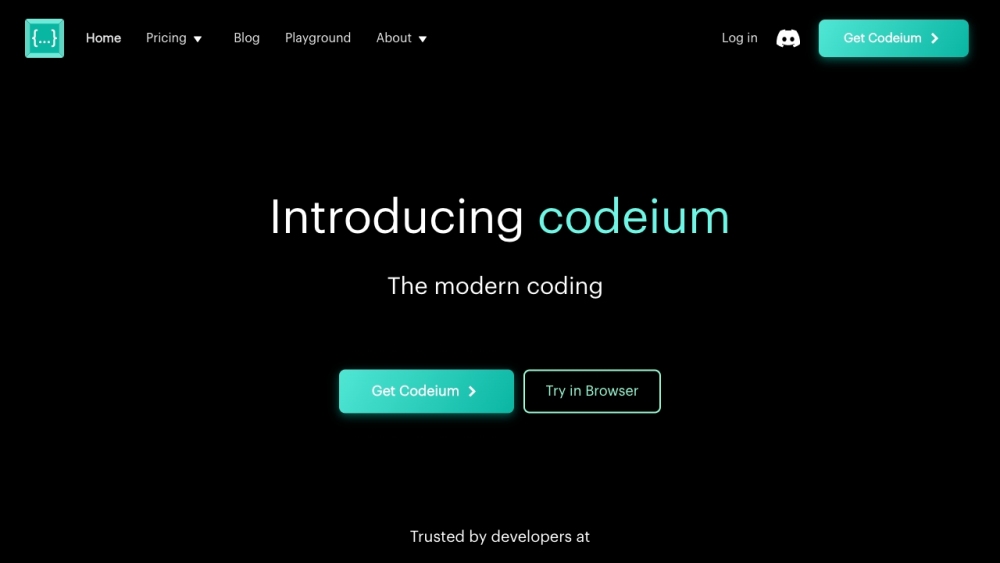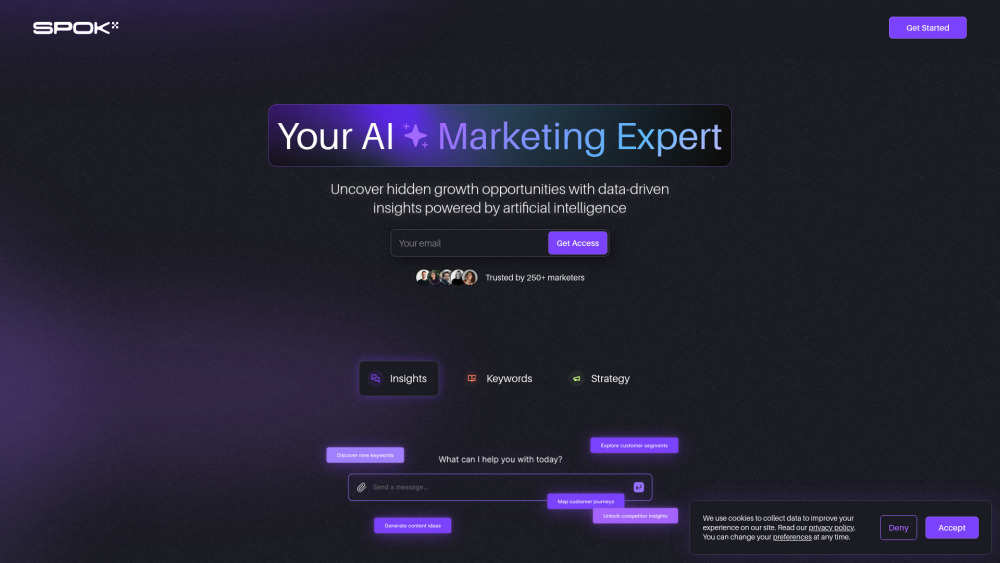Elon Musk envisions Tesla as more than just an automaker; he aims for it to be a pioneering AI company capable of fully autonomous driving. Central to this vision is Dojo, Tesla’s advanced supercomputer engineered specifically to train its Full Self-Driving (FSD) neural networks. While FSD can handle various driving tasks, it still requires a vigilant driver. Tesla believes that with increased data, enhanced computing power, and rigorous training, it can transition from semi-autonomous to fully autonomous driving.
This is where Dojo plays a critical role.
Musk has been hinting at Dojo for some time, but discussions about the supercomputer have intensified throughout 2024. The stakes for Tesla are high—amid declining EV sales, investors demand assurance that Tesla will achieve full autonomy. Below is a timeline tracking the evolution of Dojo's announcements and expectations.
2019: Initial Announcements of Dojo
- April 22: During Tesla's Autonomy Day, Musk's AI team discusses Autopilot and FSD, unveiling Tesla's specifically designed chips for AI and self-driving functionality. Musk teases Dojo as a supercomputer dedicated to AI training, asserting that all production vehicles will be equipped with the necessary hardware for future software upgrades to enable full self-driving.
2020: The Dojo Roadshow Begins
- February 2: Musk states Tesla will soon have over a million connected vehicles equipped for full self-driving and highlights Dojo's capabilities. “Dojo, our training supercomputer, will manage vast amounts of video data and run complex hyperspace arrays with extensive memory and high bandwidth.”
- August 14: Musk emphasizes the necessity of Dojo for processing immense video data while dubbing it “a beast” and predicting its first version would launch around August 2021.
- December 31: Musk acknowledges that while Dojo isn’t crucial, it will significantly enhance self-driving capabilities, indicating that Autopilot must surpass human safety by a factor of ten.
2021: The Official Launch of Dojo
- August 19: At Tesla's first AI Day, the company officially introduces Dojo alongside its D1 chip aimed at powering the supercomputer. They reveal plans for a cluster housing 3,000 D1 chips.
- October 12: Tesla publishes a Dojo Technology whitepaper detailing a novel binary floating-point arithmetic standard applicable in deep learning neural networks.
2022: Showcasing Dojo's Advancements
- August 12: Musk announces a phased implementation of Dojo, reducing reliance on additional GPUs.
- September 30: At the second AI Day, Tesla reveals the installation of its first Dojo cabinet and successful testing of its capabilities. They aim for a full Exapod cluster by Q1 2023, with plans for seven Exapods in Palo Alto.
2023: Notable Developments
- April 19: Musk shares that Dojo could drastically reduce training costs and becomes a potential service offering akin to Amazon Web Services.
- June 21: Timeline projections indicate Dojo production commencing in July 2023. Musk reveals that Dojo is operational at Tesla’s data centers, with ambitious predictions regarding AI training capacity.
- July 19: In the second-quarter earnings report, Tesla claims to have begun Dojo production, earmarking over $1 billion for the project through 2024.
- September 6: Musk notes limitations due to AI training compute demands, asserting that Dojo will address the challenge of managing 160 billion daily video frames sourced from Tesla vehicles.
2024: Future Scaling Plans
- January 24: Musk reiterates that Dojo represents a high-risk, high-reward venture and confirms its operational status, with plans for successive iterations including Dojo 1.5, 2, and 3.
- January 26: Tesla commits $500 million for a new Dojo in Buffalo, while Musk clarifies that while significant, the amount is only equivalent to a fraction of their overall investments.
- April 30: At a tech symposium, it’s revealed that the next-gen D2 training tile is in production.
- May 20: Musk announces plans for a high-density, water-cooled supercomputer cluster at Giga Texas.
- June 4: A CNBC report confirms that Musk redirected Nvidia chips meant for Tesla to other ventures, which caused a slight delay for the Dojo project.
Musk's ambition for Tesla's AI strategy intertwines with the development of Dojo, a crucial element in the company's quest for full autonomy in vehicle operations.





